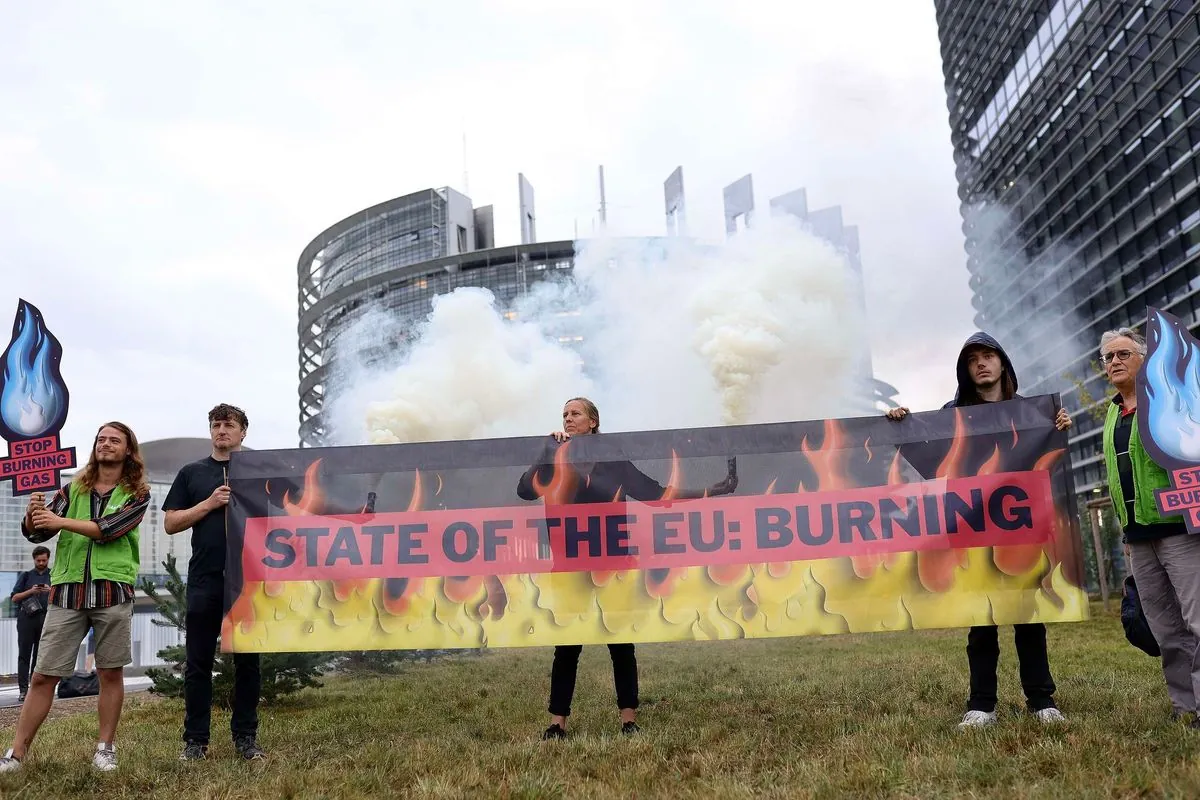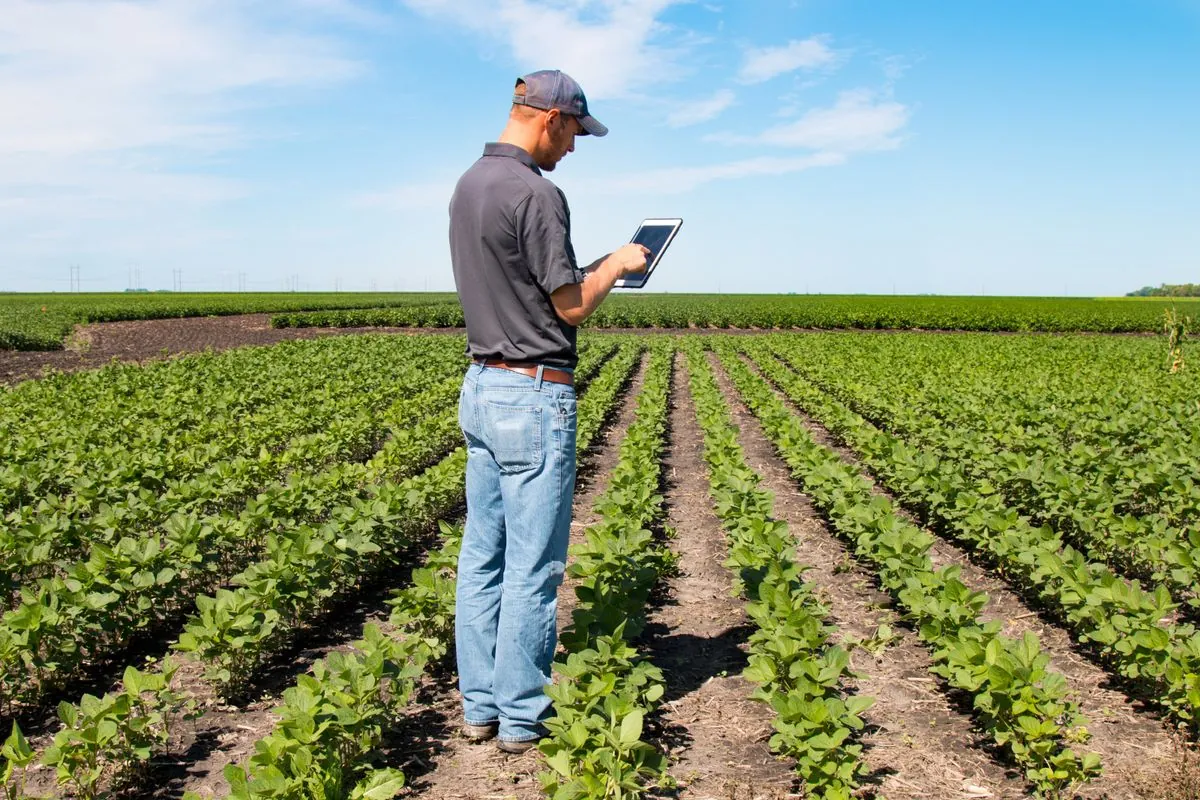EU's Green Supply Chain Push Faces Global Backlash and Trade Risks
The EU's new deforestation regulation aims to ban imports from cleared lands, sparking opposition from developing nations and major economies. The policy faces implementation challenges and potential unintended consequences.

The European Union's ambitious plan to green its supply chain is facing significant challenges and potential unintended consequences. The EU Deforestation Regulation (EUDR), set to take effect on December 30, 2024, aims to prohibit imports of goods linked to deforested land. This move has sparked opposition from developing countries and major economies alike, raising concerns about its impact on global trade and commodity supplies.
Deforestation plays a crucial role in climate change, accounting for approximately 15% of global greenhouse gas emissions. The EU, as the third-largest importer of products associated with deforestation, has a significant carbon footprint related to these imports. In 2017, the EU's carbon footprint linked to imports of beef, soy, palm oil, wood, cocoa, and coffee was about 116 million tons of CO2.
The EUDR introduces complex requirements for farmers, including providing location coordinates of their land for satellite imagery verification. This added bureaucracy in a largely informal market is expected to be costly, with previous EU assessments estimating total costs for member states at over 460 million euros.

Opposition to the EUDR has been widespread. The Biden administration and China have criticized the regulation, with China refusing to comply citing "security concerns." Brazil, which exported $46.3 billion worth of affected products to Europe last year, described it as a "punitive instrument." Even some EU countries, including Germany, Italy, and Sweden, have sought to delay its implementation.
Indonesia and Malaysia, which together produce about 85% of the world's palm oil, have been particularly vocal in their opposition. Jakarta has accused Brussels of "regulatory imperialism," while some Indonesian officials claim farmers lack the necessary technology and expertise to comply with the new requirements.
The global palm oil market, valued at $65.73 billion in 2022, is just one of the industries affected by the EUDR. The regulation also impacts other major commodities such as coffee, soy, and beef. The global coffee market, valued at $102.15 billion in 2022, is grown in over 50 countries, primarily in South America, Africa, and Asia.
"The EUDR is an unfair burden on our smallholder farmers who lack the resources to comply with such complex regulations. It threatens the livelihoods of millions and could lead to increased poverty in rural areas."
The market is already showing signs of fragmentation. Indonesian palm oil exports to Europe have dropped by 37% since the start of the year, while exports to China and India have risen between 20% and 30%. This shift in trade patterns could lead to unintended consequences, similar to those seen with sanctions on Russia following its invasion of Ukraine.
The EU now faces a dilemma. Delaying the implementation of the EUDR seems unlikely, but enforcing it could lead to commodity shortages and strained trade relations. The bloc may need to consider offering financial aid to affected farmers in developing countries, potentially costing hundreds of millions of euros on top of the 70 million euros already pledged.
As the deadline approaches, the EU must carefully balance its environmental goals with economic realities. The EUDR's impact extends beyond deforestation, touching on critical issues such as supply chain diversification and access to essential materials for the EU's future industries. The coming months will be crucial in determining whether the EU can find a solution that satisfies both its green ambitions and the concerns of its global trading partners.


































